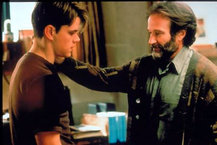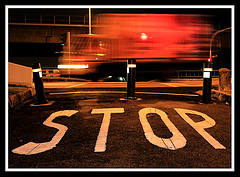[Note: If you find listening to instruction more helpful than reading you should check out the podcast version of this topic.]
I have some of the nicest readers in the world.
Like anyone who has an email newsletter, people unsubscribe from my list every day.
When unsubscribing there is an option to leave me a comment. Not everyone leaves one, but when they do my readers leave the nicest messages.
They thank me for my work, let me know the ways in which newsletter has been helpful, and wish me well.
On Wednesday I received an interesting note from someone who unsubscribed. She wrote:
[Read more…] about The Reason You Aren't Tapping? You Aren't In Enough Pain












